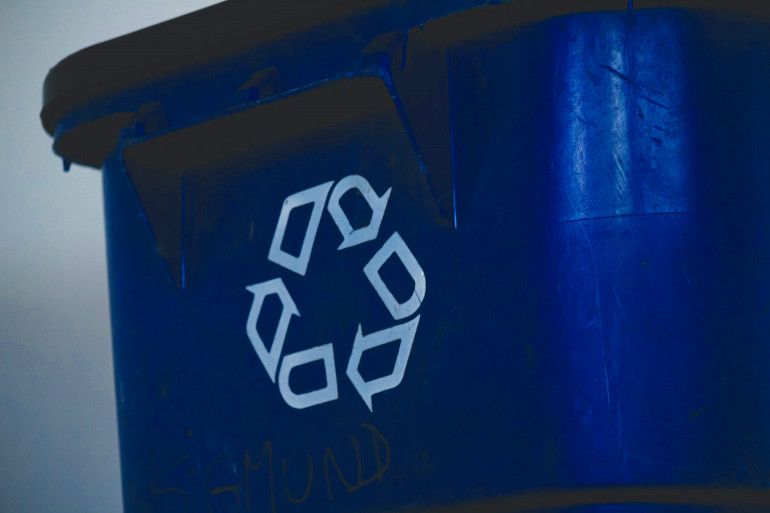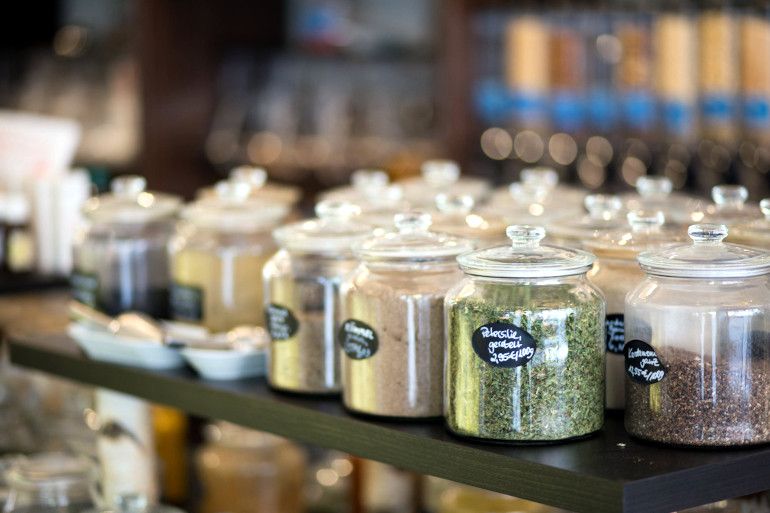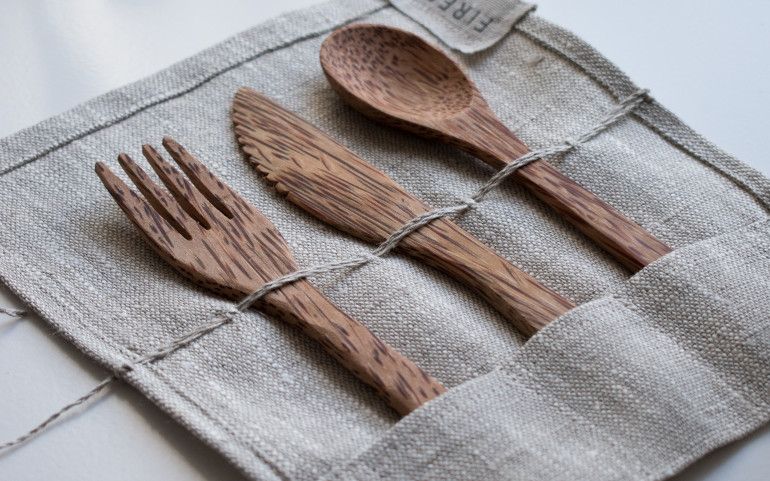But is it really?
Written and photos by our media partner Highstreet.bg
According to a survey from 2020 within the top ten most polluting brands in the world are Coca-Cola, Pepsi, Nestlé, and Procter & Gamble. Even more negative statistics from May 2021 show that in fact, just 20 companies contribute to 55% of plastic waste in the world. The financing for these companies comes not only from consumers but also from the largest banks in the world. In 2020 alone, Barclays Bank provided more than $3 billion to disposable plastic manufacturers. This makes us wonder if we can really fight these products and if it is worth trying at all!
Plastic packaging, bottles, bags, disposable cups - the list is endless. It's hard to pass a day without throwing away at least one plastic item, and studies show that plastic particles are found almost everywhere - from the Arctic ice to the organs of the human body and even in the placenta of an unborn baby.
The truth is that we all contribute to these statistics. We as consumers are the ones who dictate the market and often, the blame for the plastic pollution is thrown at us. If we want to limit the use of single-use plastic products, we must state our desire and need for reusable products, and less plastic. But what can a person do when almost everything in the stores is wrapped in plastic?
Not every plastic is a bad plastic
Let's start with the fact that not everything made of plastic is bad. It is no coincidence that it is such a popular material. It is durable, lightweight, non-corrosive, easily takes various forms, insulates well, and is inexpensive. This makes it an indispensable material in industries such as aircraft construction, the automotive industry, electrical appliances, and medicine.

The real problem comes from disposable plastic. Starting with food packaging, cotton buds, straws, coffee capsules - it has penetrated so deeply into our daily lives that it is difficult to find a solution to the problem, and sometimes we do not even think that a product is made of plastic.
Of course, recycling is a good habit that would help the planet. Unfortunately, at the moment less than 10% of the material is really recycled and gets a second life. Therefore, it is important to minimize the use of single-use plastic and, when this is unavoidable, to dispose of it in recycling containers.
There are a few things people can do to reduce the use of plastic.
Reusable is better than use and throw
It's hard to replace absolutely everything we use once with a reusable product, but there are a few things we can start with. For example, water bottles, portable coffee cups, cotton buds, and cotton pads, tote bags, and sanitary products. Bulgarian brands such as EcoSwitch, Tierra Verde, and Valdera Life (Zero Waste) offer a large selection of reusable products, and the best part is that they send them in recyclable packaging.

Buy packaging free
Yes, it sounds almost impossible, and, it really is quite difficult at the moment, but there are several ways to cheat the system. There are almost no shops where you can buy fruits and vegetables without a plastic bag. So far, the solution is only one - tote bag or no bag at all, if you are buying only a few items. It's a little easier in the markets because there you can ask the seller to put the items directly in your bag.
For products such as beans, rice, pasta, and coffee, so far the packaging-free options in Plovdiv are limited to one place. Baharika Store is the only physical store in Plovdiv that offers packaging-free groceries. Although in most cases they use plastic bags, you can bring your own storage containers or tote bags and ask them to put the products in them. There are also several online stores that offer no packaging groceries, so this is also an option.
Unfortunately, unless you know a grandmother from whom to buy milk and dairy products without plastic packaging, there is no way to avoid plastic for these products.
Open Bulgaria and Highstreet Magazine partner up to support creative expression, local talent, and knowledge to the people. All in support of our communities. Originally published on Highstreet.bg
